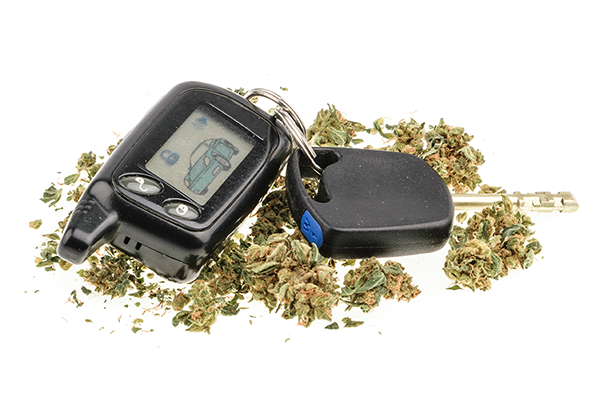
Marijuana Impaired Driving: Another Look
Four years ago we wrote a blog article “Facts About Marijuana Impaired Driving”, which made several interesting points:
• There is no correlation between THC levels and impairment
• Several states have passed laws that use THC levels to define driving while impaired by marijuana
• There is no conclusive evidence that marijuana impairs driving
• It may be decades before the U.S. figures out how to effectively deal with marijuana and driving
More movement to decriminalize marijuana?
Today we revisit the subject of marijuana impaired driving in light of a continued effort in Congress to pass a law to decriminalize marijuana. The MORE Act (Marijuana Opportunity Reinvestment and Expungement) has been voted out of committee for another vote by the House (it passed the House in 2020). A possible amendment to the bill calls for the Department of Transportation to develop and publish best practices for testing drug-impaired driving.
What’s changed in the past four years
Looking at the impaired driving research and detection technology in the four years since our original article turns up some interesting observations.
Increased risk of accidents
There is growing evidence that marijuana intoxication increases the risk of accidents. A study by the Insurance Institute for Highway Safety found that in several states that decriminalized marijuana highway accidents increased by 6% and traffic fatalities increased by 4% in the months following decriminalization. However, because there is no direct correlation between THC levels and impairment, post-accident toxicology testing that finds the presence of marijuana in accident victims makes it difficult to determine impairment at the time of the accident.
New impairment detection technology
There is a growing recognition that new technologies must be developed to detect marijuana impairment in spite of the per se laws in some states that use THC levels to define marijuana impaired driving. We have seen several technologies that have promise:
• Devices that track eye movements that correlate to impairment
• Virtual reality systems that track eye movements
• A video game type app (DRUID) that measures a subject’s reflexes and cognitive skills.
The DRUID app (DRiving Under the Influence of Drugs) is of particular interest because it acknowledges and addresses one of the interesting questions about testing for impairment: How do you know if the impairment is from marijuana, another drug, fatigue, or simply cognitive decline? Although the name of the DRUID app alludes to drugged driving, the current marketing for the app promotes the detection of impairment from any source – illness, fatigue, illness, alcohol, for example.
An unintended, broader solution?
We wonder if the solutions to detecting marijuana driving impairment might lead to a broader focus on detecting drivers whose motor skills and cognitive skills are impaired – regardless of the cause of the impairment. If the goal is to remove impaired drivers from the road, do we really care why a driver is impaired? While we don’t have any statistics to back it up, our guess is a driver impaired by sleep deprivation is just as dangerous as a driver impaired by alcohol and a driver impaired by marijuana. Perhaps the long-term unintended consequence of the detecting marijuana impaired drivers will be a focus on removing all impaired drivers, without regard for the reason for impairment.